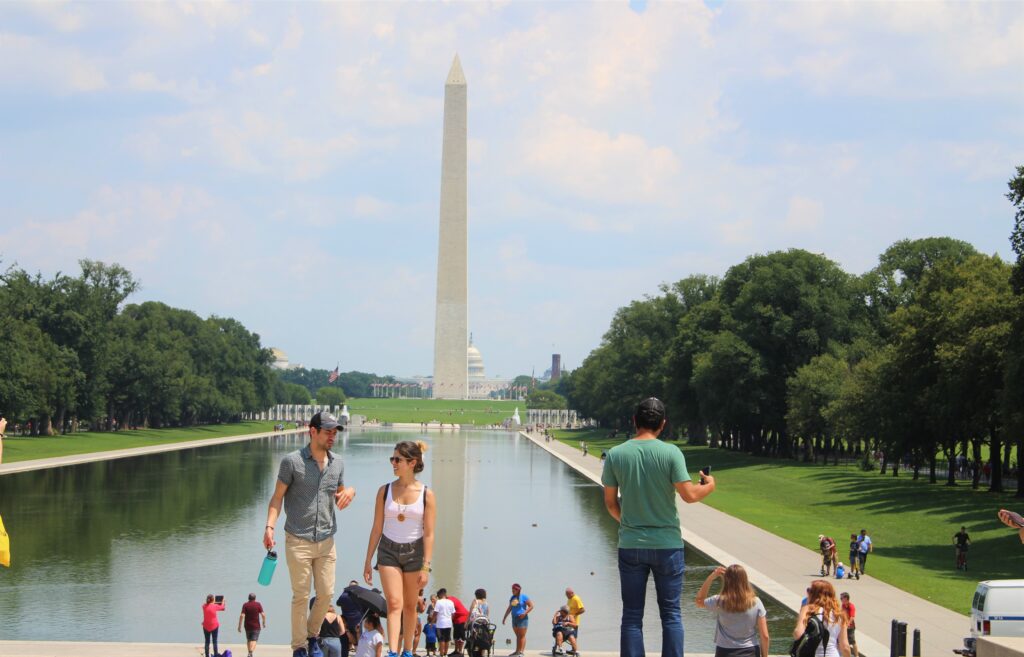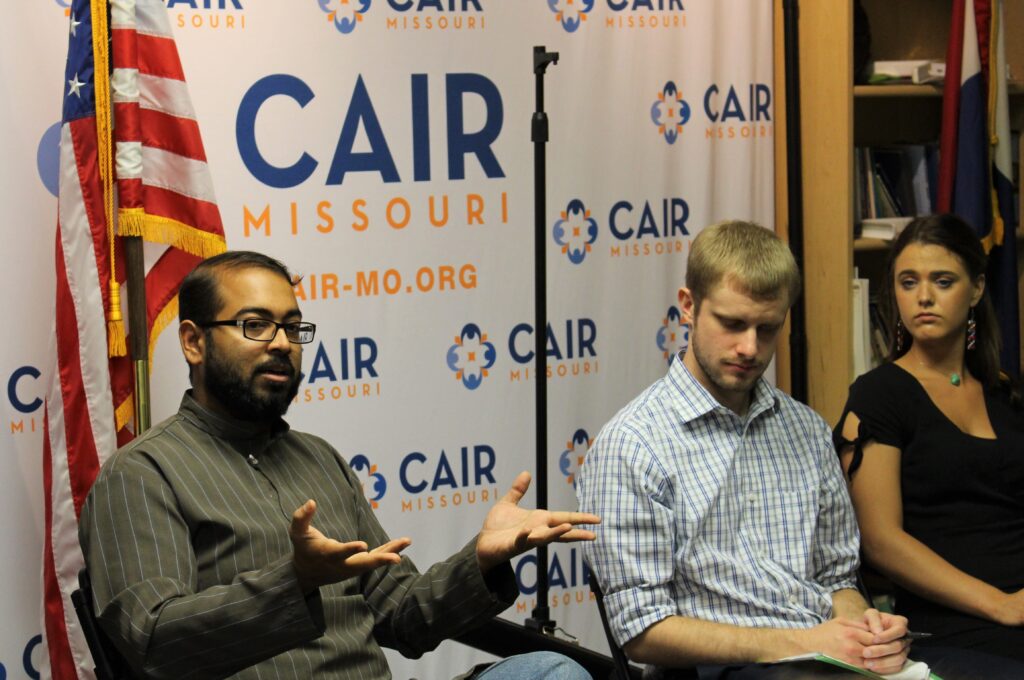This week voters in the U.S.A will determine who will be their president for the next four years. They’ll also choose new members of Congress – all 435 seats in the House of Representatives and 33 (a third of) Senate seats are up for grabs. It’s kind of a big deal.
Recently on Northern Slant we held a conversation online around what the election may mean for Northern Ireland and the next chapter of transatlantic relations. Our team’s reflections on the past four years got me thinking back to the summer of 2018 when I had the privilege of participating in the ‘Exploring American Values’ program, run by the U.S. Embassy in the UK.
From Washington, DC, and next door West Virginia, to St Louis, to San Diego then San Francisco, I spoke with a range of groups about all things politics and civic engagement, policing and community relations, and wider social issues. Among key questions were, what are American values and where do they sit in the times we’re living through?
The trip took place two years into the presidency of Donald Trump, and just a few months before the 2018 Midterm elections which would see the Democrats win the House of Representatives and Republicans consolidate their grip on the Senate. One notion that persisted throughout the trip was that decisions are made by those who turn up. As news reports from the U.S. suggest that voter turnout may reach heights not seen in over a century, this is just as true today.
Wherever I could, throughout the trip I sought to take learnings for Northern Ireland. Yet it’s fair to say that these lessons are universal, for any place that has the fortune of being a democratic society, but also the experience of past or, indeed, current division. Here are just four of the key takeaways from the trip.
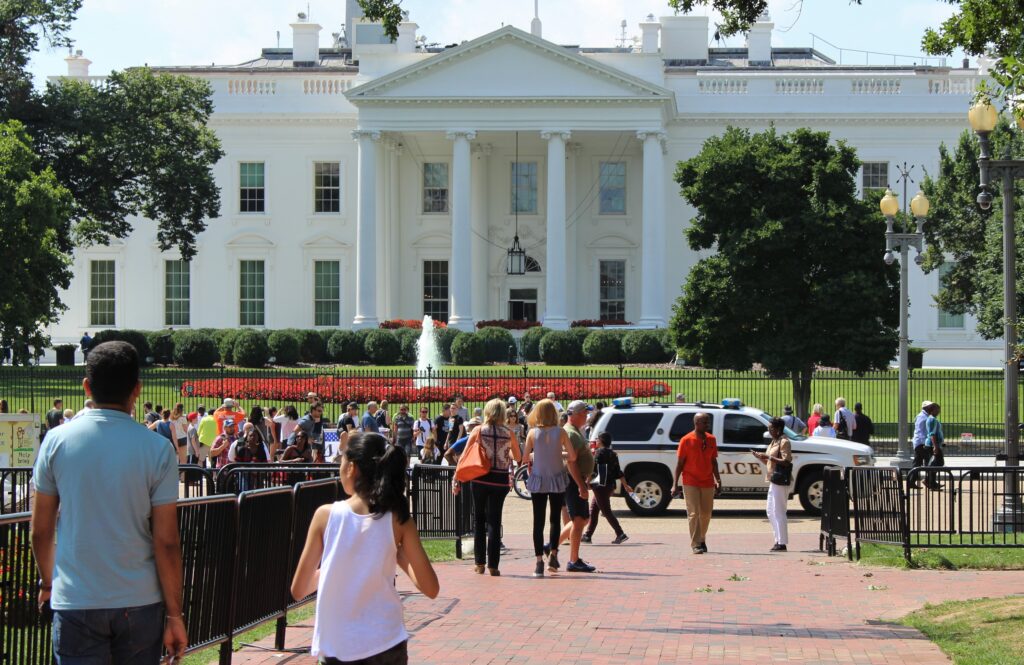
1. Young people need education and opportunities
Over the past ten years West Virginia’s population has steadily declined, often due to the cost of living, healthcare, education, the opioid crisis which has trapped many parents into a cycle of drug addiction. Generation West Virginia (GWV), a not-for-profit organisation dedicated to attracting, retaining, and advancing young talent in the state, understands that providing accessible education programs and training opportunities are key to inspiring new leaders to be part of the solution.
GWV recognises that they can’t do everything on their own. They need partners, as seen in their successful campaign for better broadband, secured through collaborating with retired citizens in the state. Rather than seeing the odds as being stacked against them, GWV sees the opportunities of working in a small place. One of the team’s words would resonate with anyone in Northern Ireland working to build a better future: “We can be a part of the change – in months, years, even weeks. Because it’s small, every little impact seems like a great victory. The collaboration of it is really special.”
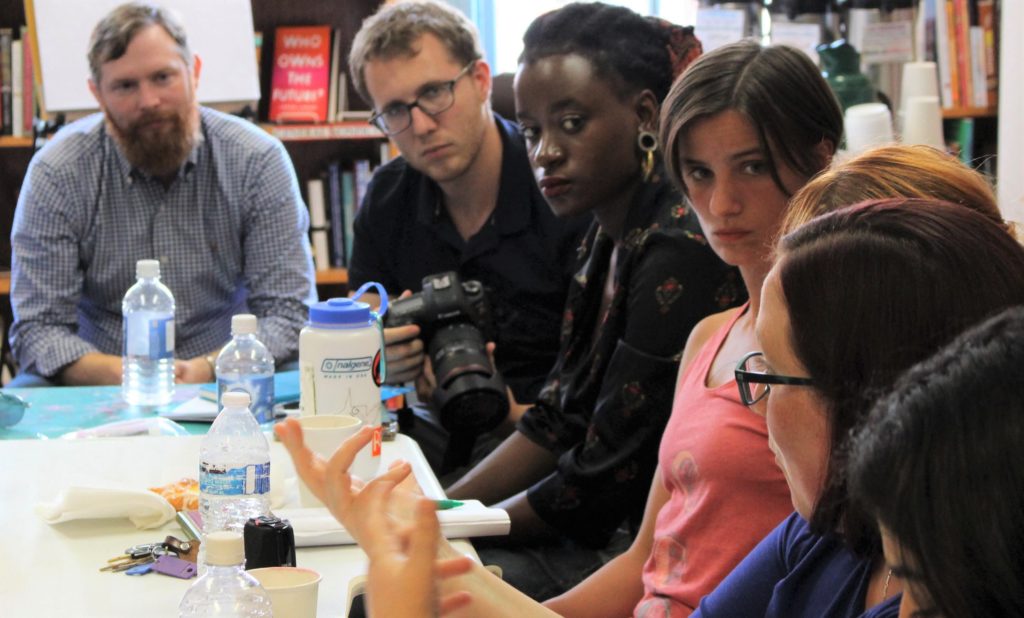
2. For positive change, citizens should harness the influence of business
In Washington, DC, Gregory Angelo, President of the Log Cabin Republicans – LGBT Republicans and straight allies – seeks to educate and lobby Republican candidates to build a more inclusive Republican party from the inside.
He demonstrated the power that business and citizens can have in advocating for positive change together. He highlighted a number of instances across the U.S. where pressure has been brought to bear on politicians to install LGBT non-discrimination legislation. Where traditional activism isn’t changing the mindset of political parties and decision-makers, he said, you’ve got to harness corporate influence.
At the time, same-sex marriage was illegal in Northern Ireland, despite it being legal elsewhere across the UK (this changed in January of this year). We continue to see increasing numbers of businesses in NI proactively showing their support for equality initiatives.
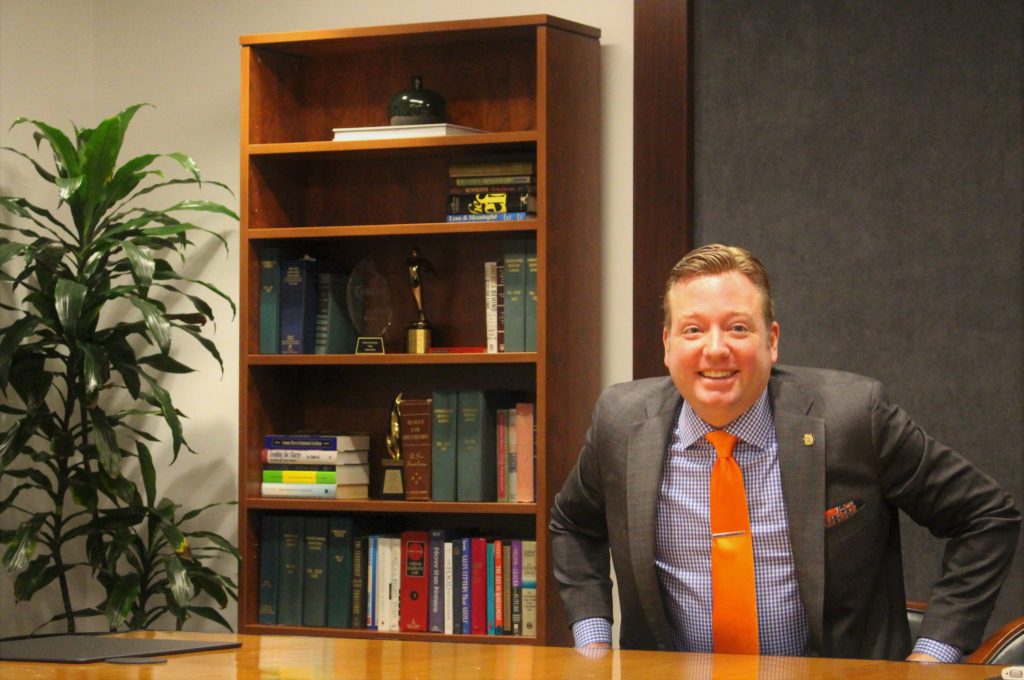
3. In our efforts to forge a shared future, ‘honour, remember, and explore’
‘Honour, remember, explore’ is the call of Arlington Cemetery in Washington, DC – a burial ground and living tribute to over 400,000 who served the U.S. during times of war. A popular mantra in the U.S. is that America is not made, it’s in the making. The same can be said of the Northern Ireland peace process. The Good Friday Agreement of 1998 shouldn’t be seen as the end of a process, rather another chapter still waiting to be written.
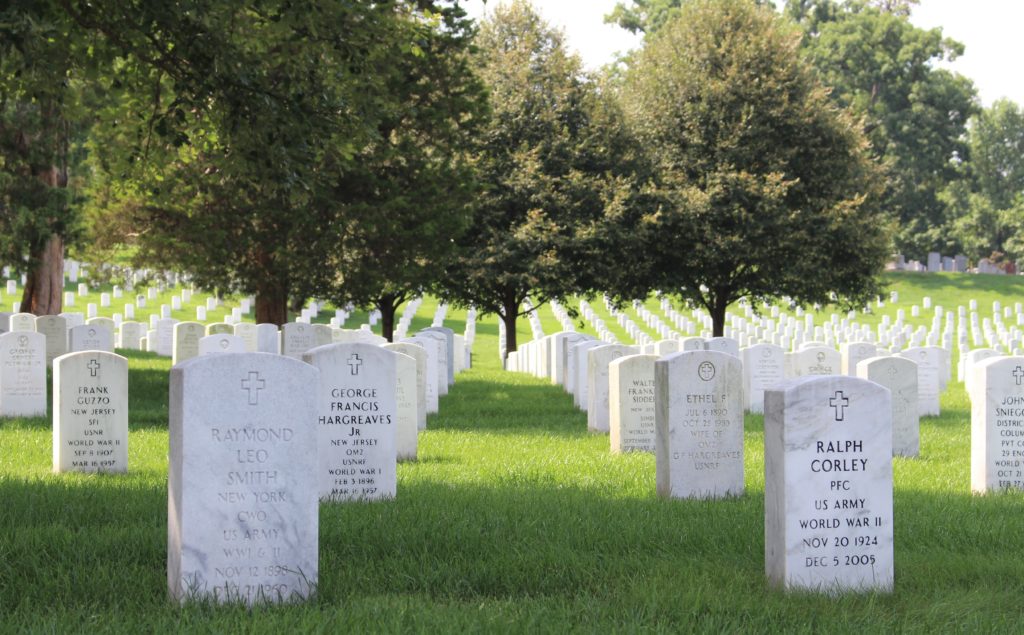
4. With shared values we can build a better world for everyone
In St Louis, Missouri, Faizan Syed of the Council on American-Islamic Relations (CAIR-MO) summed up the importance of forging shared values, and the need to preserve them. His perception of his country was like any other American you’d expect to meet: a truly great place where people can come from all over the world and make a life for themselves. When the country has struggled to realise its values, groups which have faced discrimination have gathered together to emphasise them.
So long as hatred and fear of the “other” is used as a political tool it won’t go away, Faizan said. Leaving Missouri, I wondered, twenty years on from the Good Friday Agreement – and ahead of Northern Ireland’s centenary in 2021 – what steps we can take to forge shared values even if we struggle to agree on what a shared future would look like.
You can find my #ExploreUSA18 articles here:
- Lessons from the State where Young People Don’t Want to Stay (West Virginia)
- Marriage Counselling (Washington, DC)
- Our Dead Should Rest with Dignity. Could an Arlington Model Work? (Washington, DC)
- The Struggle for Values (St Louis, Missouri)
Want to find US Election Analysis?
As mentioned, Northern Slant recently hosted the discussion, “The U.S. and Us – The Next Chapter in NI’s Transatlantic Relationship”. You can watch the conversation here.
Further analysis can be found on our Global content section here.
